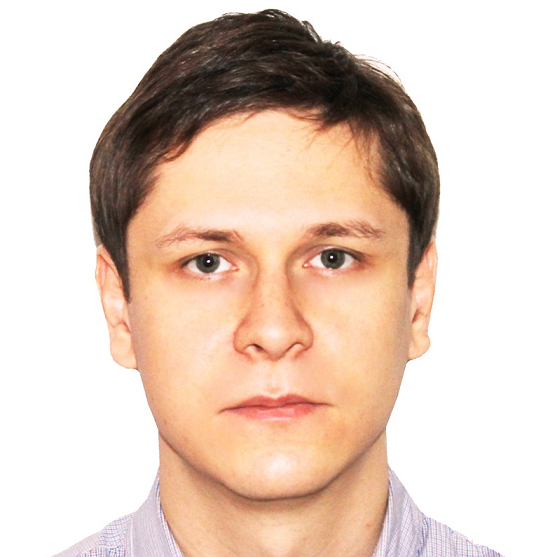Тематический план
О курсе / About this course
New data are incessantly coming from different directions such as web and social networks, the banking sector and financial markets, manufactures, retail networks, scientific researches, healthcare and national security services. Handling them is challenging. Modern conditions dictate the need for organizations to process tons of information to be competitive and attract customers by offering the best products and services. For this purpose, it is necessary to use specific means to extract, process and store large collections of data. This course will introduce the core tools in Big Data field at different levels of technology stack sometimes called Hadoop Stack. In the practical part of the course, you will get hands-on experience, learn how to install and configure such systems, how to program, launch and debug your own Big Data applications.
Программа курса / Syllabus
Модуль 1. Обработка больших данных посредстом Hadoop и Spark
Модуль 2. Системы обработки потоков данных и графов
Модуль 3. Системы управления базами данных и обработка больших массивов данных с использованием SQL/SQL-подобных языковModule 1. Big Data Processing with Hadoop and Spark
- Big Data Concept and Technology Stack / 1 lecture
- Hadoop / 3 lectures + 1 lab
Hadoop Distributed File System - HDFS, Application and Resource Management - YARN, Programming with MapReduce Paradigm - Spark / 2 lectures + 2 labs
- Distributed coordination / 1 lecture
Module 2. Stream and Graph Processing Systems
- Stream Processing Systems / 2 lectures + 1 lab
Storm, Spark Streaming, Kafka as Data Source - Graph Processing Systems / 1 lecture
Giraph, GraphX
Module 3. Database Management Systems and Processing Big Data using SQL/SQL-like languages
- NoSQL Database Management Systems / 2 lectures + 2 labs
HBase, Cassandra, MongoDB - SQL-like Big Data Processing / 2 lectures + 1 lab
Hive, Pig, Drill
Автор / Created by

МГТУ им. Н.Э. Баумана
к.т.н., доцент,
Папулин Сергей ЮрьевичBauman Moscow State Technical University, Moscow, Russia
PhD, Associate Professor,
Sergei Papulin